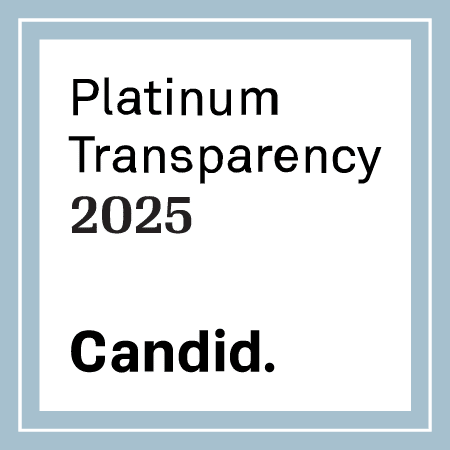According to our immigration system, noncitizens can be denied a green card and other immigration benefits if the government determines that they are likely to become dependent on certain types of government aid as their primary means of support. This is known as the public charge ground of inadmissibility.
On Thursday, September 8, 2022, the Department of Homeland Security (DHS) announced a new rule on this matter which will take effect on December 23, 2022. This new rule returns DHS to long-standing guidance on how to determine whether a noncitizen is inadmissible to the United States because they are likely to become a public charge. The rule clarifies the standard, eliminating some barriers to access to important benefits for immigrant survivors.
Although a harmful public charge rule issued in 2019 did not apply to survivors generally and was rescinded in 2021, it still created a climate of fear among immigrant families, who avoided seeking public benefits, including critical kinds of care, out of fear that it would hurt their immigration status.
Tahirih welcomes this new rule so that immigrants can receive the essential services they need to thrive without risking their immigration status. Below are a few highlights of the new rule and its impact on Tahirih clients and all immigrant survivors of gender-based violence.
Defining a “Public Charge”
The new rule largely returns to and clarifies the previous guidelines for how to determine if a person is ineligible for immigration benefits on the grounds of public charge. To determine whether the public charge ground of inadmissibility applies, DHS reviews the totality of the applicant’s circumstances, including the applicant’s age; health; family status; assets, resources, and financial status; education and skills; and past receipt of certain public benefits. A person applying for admission or adjustment of status (a green card) may be considered inadmissible —and potentially denied the immigration benefit—if DHS determines that they are “likely at any time to become primarily dependent on the government for subsistence.” The determination generally only applies if a noncitizen receives most of their income from government cash aid, such as SSI or TANF, or needs to be institutionalized long-term at the government’s expense.
In response to public comments on the rule, DHS emphasized that “primary dependence” means significant reliance on the government for support, which is more than a temporary or supplemental need for assistance. A person who receives some government benefits but also has other sources of independent income or resources would not be considered primarily dependent. For example, the rule would not adversely affect a family that receives cash assistance for a few months to get through a crisis or needs some assistance buying food.
Benefits that are not Counted
In addition, the new rule states that many temporary and non-cash benefits will not be counted against a person’s immigration application. These include Supplemental Nutrition Assistance Program (SNAP) and other food programs, Medicaid, and housing assistance. Even though most immigrant survivors were already exempt from the public charge rule, this change still helps to mitigate the chilling effect of the previous rule, which led people to disenroll or decline to enroll themselves or their family members in public benefits programs based on fear and uncertainty.
Who is Exempt from Public Charge
Asylees, refugees, Temporary Protected Status (TPS) holders, Special Immigrant Juvenile visa holders, VAWA self-petitioners, and survivors who have applied for or been granted T or U visas are all exempt from the public charge determination. Therefore, the rule does not apply to nearly all of Tahirih’s clients and most immigrant survivors of violence. Immigrant survivors should not be deterred from accepting critical assistance, like housing or food stamps, out of fear that their immigration status may be affected.
Improvements in the New Rule
The new rule also makes important clarifications and changes that are an improvement over the previous guidance. Examples include:
- This rule clarifies DHS’s approach to disability, specifically stating that the fact that a person has a disability is not, alone, sufficient to justify a public charge determination.
- DHS will not consider benefits received while an applicant held a status that is exempt from the public charge ground of inadmissibility.
- Public benefits received by a family member, such as a U.S. citizen child, will not be counted against an individual’s immigration application.
These changes clarify the scope of the public charge rule and remove any related disincentive for noncitizens to receive housing, food, or health benefits. Although the previous public charge rule has not been in effect since March 2021, there is still a climate of fear in immigrant communities, causing immigrant survivors and their families to forgo or disenroll from supportive public benefit programs for which they qualify. Tahirih encourages all immigrant survivors to apply for benefits for which they are eligible without fear of negatively impacting their immigration status.


